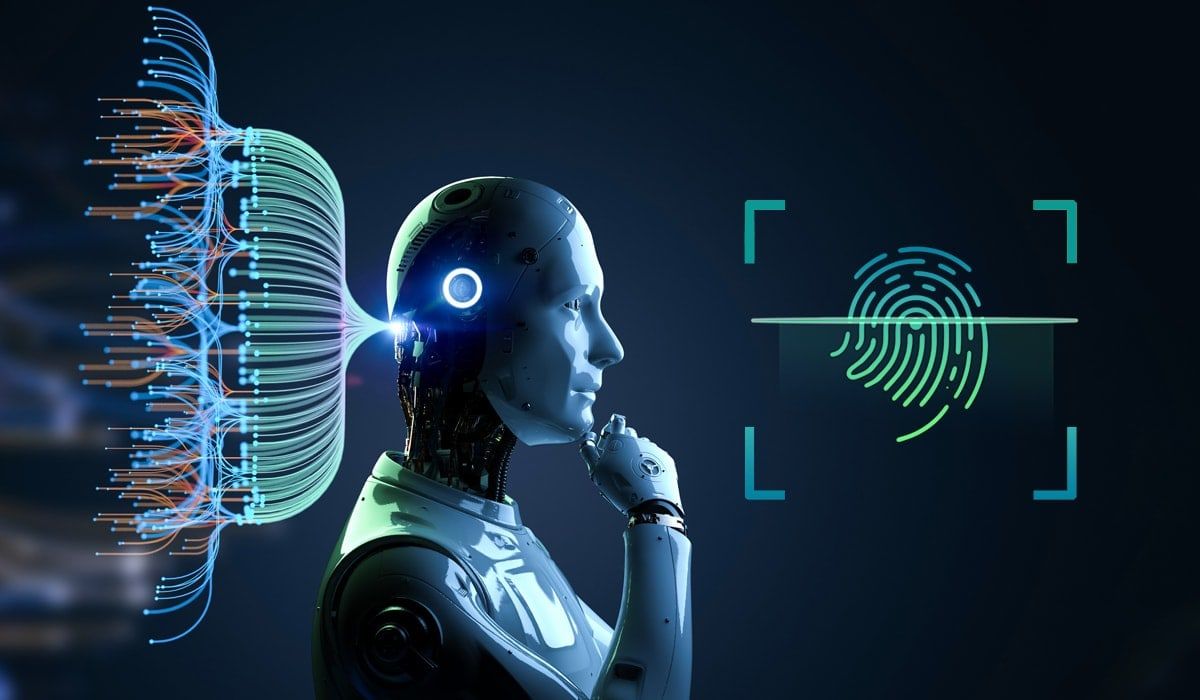👁️ Next-Gen Biometrics
AI-driven biometric security is revolutionizing defense, ensuring efficient, accurate, and reliable safety measures.

Today's Highlights
- How AI is impacting biometric security
- This Week On BuzzBelow - a recap on this week's topics
- In Other News - a few interesting developments we're tracking
Artificial intelligence (AI) has emerged as a game-changer in the ever-evolving landscape of defense and security. Among its many applications, biometric security stands out as a pivotal area where AI is revolutionizing how security is implemented and managed.
Data Fusion and Multimodal Biometrics
Combining different biometric inputs (like facial recognition, fingerprint, and voice) requires data fusion techniques. This integration enhances accuracy and reliability, as it's unlikely for different biometric systems to simultaneously fail or be spoofed. Sensor fusion involves integrating data from different sensors (e.g., cameras, microphones) to create a comprehensive biometric profile. Thales offers solutions combining facial recognition, fingerprint scanning, and iris recognition. They emphasize secure data management and encryption to safeguard biometric data.

Anomaly Detection and Behavioral Biometrics
AI systems can identify patterns that deviate from the norm, flagging potential security threats. This is crucial in detecting spoofing attacks or fraudulent access attempts. Behavioral biometrics includes voice recognition, keystroke dynamics, and even browsing patterns. AI algorithms analyze the way a person interacts with devices, offering a continuous authentication mechanism.
Defense and Security
Military Security - Using AI-driven biometrics for access control in highly secure military installations ensures that only authorized personnel can gain entry. Portable biometric devices, equipped with AI, can quickly identify individuals during field operations.
Border Control - Automated border crossing systems expedite the process of identifying and verifying travelers, reducing wait times and enhancing security. AI-powered facial recognition systems can scan crowds and identify individuals against watchlists.
The global biometric system market was valued at USD 29.09 billion in 2021 and is projected to grow to USD 76.70 billion by 2029. This growth reflects a Compound Annual Growth Rate (CAGR) of 13.9% during the forecast period. AI in biometric security is transforming defense and security, offering unprecedented accuracy, efficiency, and reliability. Its applications range from military and border security to cybersecurity, promising a more secure future. As AI continues to evolve, its role in biometric security is set to become even more integral, paving the way for a safer and more secure world.
This Week on BuzzBelow




In Other News







